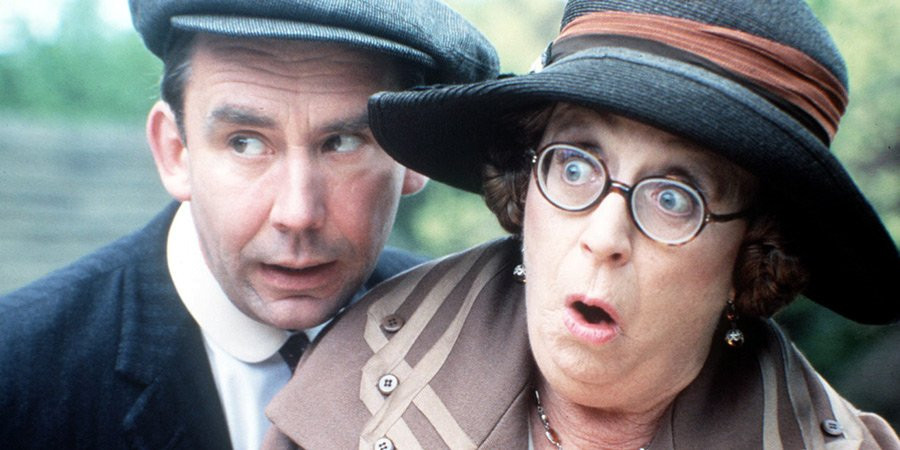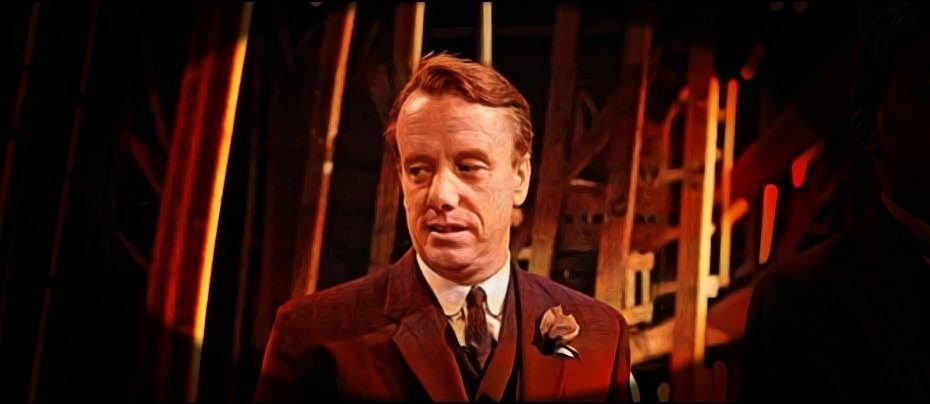
Harold Goodwin
British character actors are the unsung heroes of television and film. Their ability to inhabit a diverse range of roles with authenticity and skill is essential to the success of any production. While they may not always bask in the spotlight, their contributions form the backbone of the entertainment industry.
In television and film, character actors are particularly valued for their craftsmanship. Their training, often honed in the rigorous environments of theatre and classical acting, equips them with the skills to bring authenticity to every role. This dedication to their craft ensures that even the most minor characters leave a lasting impression on audiences. Some are as well known to us as the leading stars, and names like Kydd, Maddern and Handl are as familiar as names like Connery, Caine and Dench. One such character actor, whose career spanned over five decades and took in around 200 screen appearances was Harold Goodwin.
Born in Wombwell, a town in Barnsley, Yorkshire, on 22 October 1917, Harold Goodwin had an interest in acting from an early age. After leaving school he went to work as a packer of cream-crackers at the McVities factory in Stockport. It was there that he met his future wife, Beatrice; they were both aged 14, and she was a packer too. They married eight years later, in 1939.
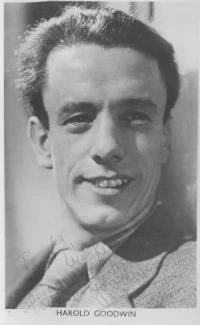
The first professional show that Harold saw was the 1934 Manchester repertory theatre production of Love on the Dole and it was this that prompted him to follow his dream. He joined an amateur dramatics company before setting off to London at the age of 20, to audition for the Royal Academy of Dramatic Art, despite his mother's belief that a career in electricity which was "the coming thing", would stand him in good stead.
Recalling his audition at RADA, Goodwin would admit, "I didn't realise I had an accent, so when I did my bit of Macbeth, standing there with my big boots and cap, I could hear them laughing." Sybil Thorndike called him over: "She was very kind and told me that my voice was not quite right for playing Shakespeare." Nevertheless, he was accepted into the Academy and unlike many other actors who studied there, he never lost his regional accent.
After RADA, Goodwin joined the Liverpool Rep where he stayed for three years. After touring with different companies for several years he landed his first television role in 1946 in a BBC presentation of The Masque of Kings. He eventually arrived on the London stage in 1949 with a season in Laurence Olivier's Old Vic company at the New Theatre.
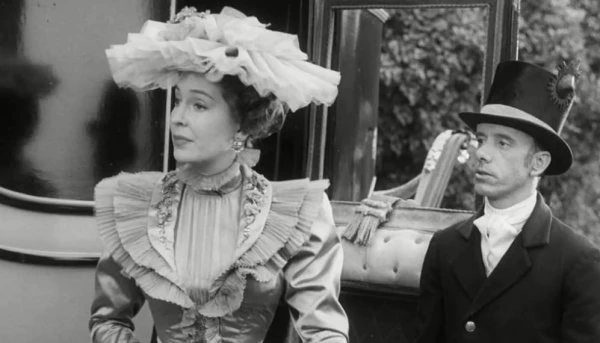
In 1950, Goodwin made the first of over 100 film appearances when he had a role in the Alastair Sim, Margaret Rutherford film The Happiest Days of Your Life. His slight stature, gormless expression, and an ability to portray an innocent slow-wit, meant that he was the go-to character actor for roles that ranged from soldiers to factory workers and crooks to kind-hearted friends. His early films included The Man in the White Suit (1951), The Cruel Sea (1953), The Dam Busters (1954), The Ladykillers (1955), The Bridge on the River Kwai (1957), The Prince and The Showgirl (1957) and The Longest Day (1962), by which time he’d already made over 50 screen appearances.
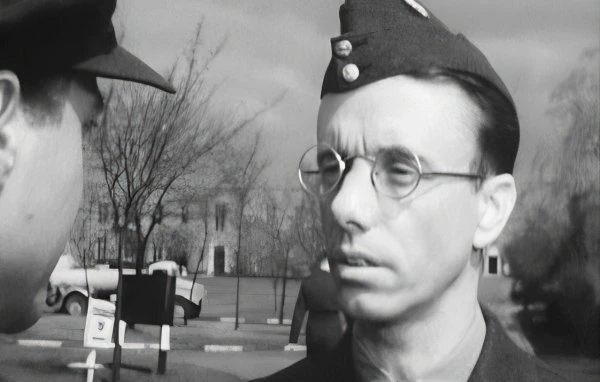
On television throughout the 1950s and 1960s Goodwin was seen in Quatermass and the Pit, Probation Officer, The Invisible Man, Hancock's Half Hour, The Avengers, Dixon of Dock Green, Z Cars (in at least 10 episodes), Adam Adamant Lives!, Man in a Suitcase, and The Gold Robbers. His longest run in a television series was in 20 episodes of the sitcom Oh No, It's Selwyn Froggitt, which starred Bill Maynard in the titular role, although he did feature in 21 episodes of Coronation Street from 1963 to 1991 he played three different characters during that time – the last being Joss Shackleton, Vera Duckworth’s father. His final television appearance was as a window cleaner in an episode of One Foot in the Grave in 1992 after which he retired from acting.
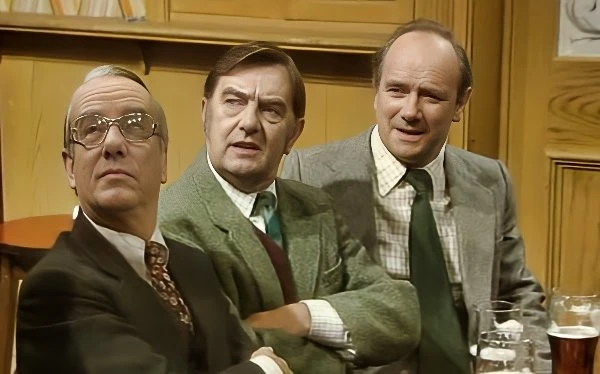
A true unsung of note, Harold Goodwin passed away on 3 June 2004, aged 86 years. Without him and his like many beloved films and television shows would lack the depth and richness that audiences have come to cherish. As such, these talented individuals deserve our admiration and respect, not just for their work on screen but for their enduring impact on the art of storytelling.
Published on June 21st, 2024. Written by Laurence Marcus for Television Heaven.


